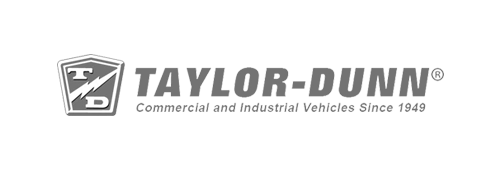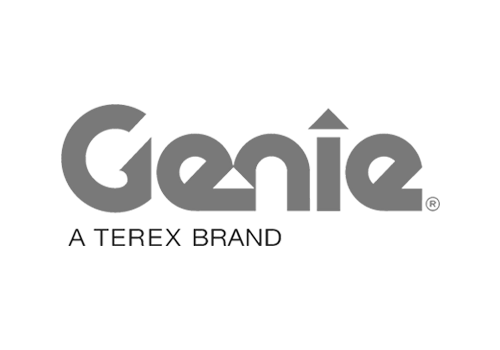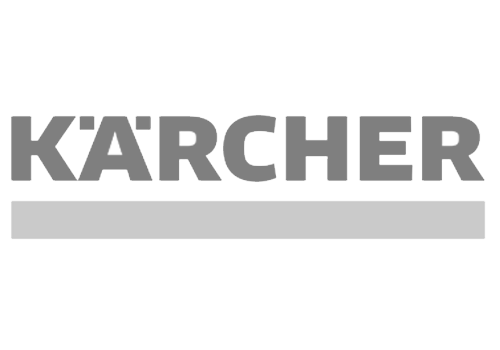
Operating heavy machinery takes a high degree of attention and professionalism. While everyone has their own set of standards and expectations for those operating forklifts on the floor, there are also federal mandates enforced by the Occupational Safety and Health Administration (OSHA) that every operator needs to abide by. One of the most frequent questions we receive pertains to forklift inspection and how often it should be performed. Barclay Brand Ferdon has been inspecting and servicing forklifts in New York and New Jersey for over 25 years. Here’s a closer look at what you should know about forklift inspection.
How Often Should Forklifts Be Inspected?
Forklifts need to be inspected regularly to ensure safety and compliance with OSHA regulations. According to OSHA ordinance 1910.178(q)(7), daily inspections are required before placing industrial trucks in service. Even if a facility operates 24/7, an inspection must be conducted before the start of each shift. In the case of businesses with standard business hours, a daily inspection before use is necessary. It is crucial to examine forklifts for any condition that may adversely affect their safety. Any defects found should be promptly reported and corrected. Additionally, an annual inspection by a third party contractor is also required. By following these guidelines, forklift operators can ensure the proper functioning and safety of their equipment.
What to Include on a Forklift Inspection Checklist
Since forklift inspections are required daily, the next step is putting together a checklist that will be filled out and submitted to a supervisor every day. Below you’ll find a generalized forklift inspection checklist that you can use when writing up your own:
- Forks
- Mast
- Horn
- Lights (head, tail, and warning)
- Overhead guard
- Breaks (parking and service)
- Hydraulic controls
- Steering
- Tires
- Alarms
- Accelerator
- Battery connection and discharge indicator
- Hour meter
- Engine oil level
- Oil pressure
- Oil leaks
- Fuel level
- Radiator level
- Belts
- Cables
- Gauges
- Hoses
- Safety equipment (i.e. fire extinguisher)
- Strange noise
Be sure to include any items on this list that are specific to the type of forklift you have. You should also establish a chain of custody as the checklist passes from one employee to another – this way, if it’s lost, you can work with the last person who had it. It’s also good practice to keep the daily logs in a binder or folder. This guarantees full transparency at all times, especially during an OSHA inspection.
What to Do If Your Forklift Doesn’t Pass Daily Inspection
If during the daily inspection you find that there is an issue with one of the items on the checklist, bring it up with the supervisor when you hand them the checklist. No one should be operating the forklift until the issue is addressed and repaired. Operating a faulty forklift can quickly become the biggest safety hazard in your facility and should be avoided at all costs.
If the forklift in New Jersey or New York requires repair or servicing that can’t be done by a member of your team, turn to Barclay Brand Ferdon. Our high-tech equipment and experienced technicians provide forklift maintenance that extends the lifespan of your equipment, and the repair itself doesn’t require tons of downtime, which means returning to business as usual, much sooner. We can also assist your business in forming an appropriate forklift inspection process. For more information, contact us today.







